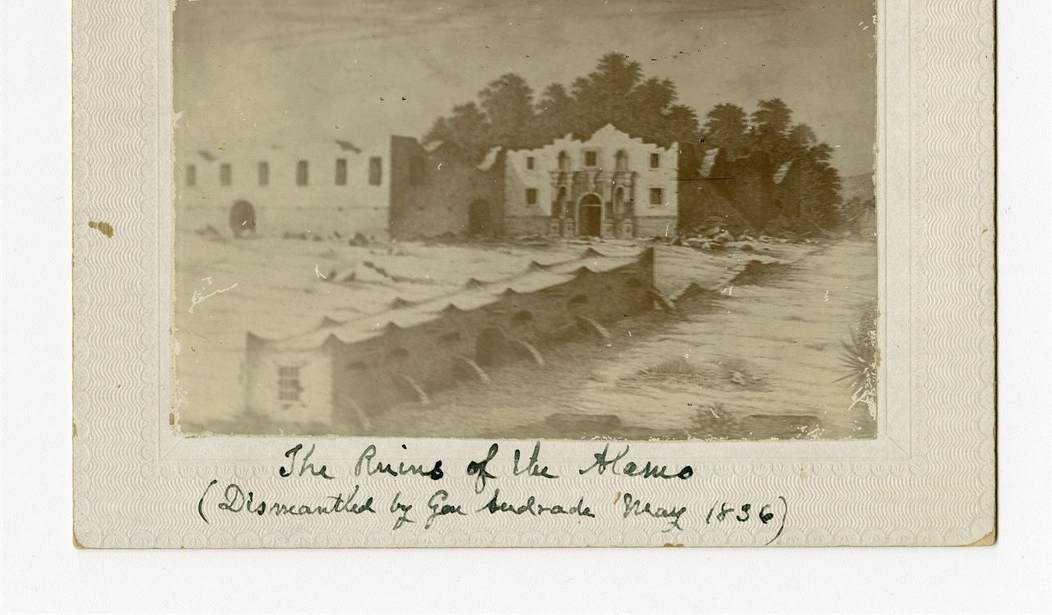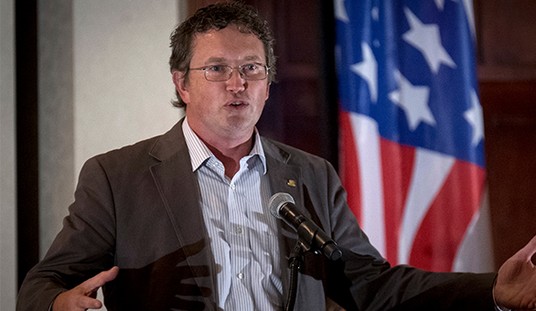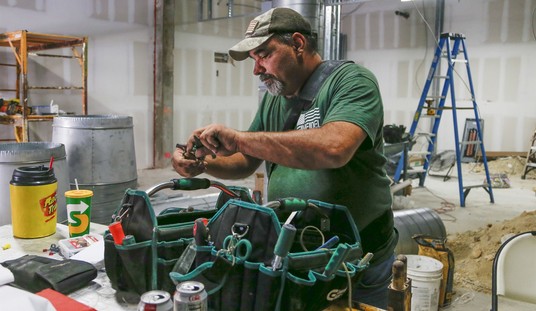185 years ago, James Bowie died at the Alamo. He was one of about 189 Texians and Tejanos fighting against a tyrant.
When he died in that climactic clash, Bowie was a revolutionary, a courageous leader of men in battle. He died a hero and that’s how he’s remembered today. At least, by many.
Had Bowie not died at the Alamo, history might remember him very differently. The fact is, as a younger man, Bowie was a bit of a scoundrel. He was quick-tempered and got into fights. He had mortal enemies. He killed one of them after a duel, of which he was only an observer, and to be fair, his enemy probably started the fatal fight. Bowie, wounded multiple times, finished that fight with a knife and became famous. He came to Texas for the same reason lots of other Americans did in those days and these days. He had a checkered history and was looking to turn things around.
That didn’t happen overnight. Bowie hunted for lost gold out around San Saba, and found himself outnumbered in a pitched battle with members of several tribes we’d call Native Americans today. He had also worked with the slave-trading pirate, Jean Lafitte, down on the Texas coast before he became famous. Jim Bowie had a past.
His character arc starts changing around 1832. The Mexican government to which he and the other Texas colonists had sworn loyalty tried to confiscate their firearms. Texas was chaotic and dangerous, disarming them would leave them vulnerable, and the American colonists believed in their Second Amendment rights. The colonists’ former ally, Antonio Lopez de Santa Anna, betrayed them and became dictator. He tossed the federalist 1824 constitution and with it their rights. Bowie was in the thick of things as tensions grew. He lost his wife during a pandemic in 1833, and the loss seems to have changed him. But Bowie was still a hard man in a chaotic time and a man of his times.
As the years went by and Texas and several other Mexican states edged toward revolution, Bowie grew into more of a leader. The man who entered Texas working with pirates and hunting for gold could be accused of becoming an idealist, albeit still a hard-drinking one.
When he arrives at the Alamo in early 1836, the revolution is on and Bowie has won a battle or two for the cause. Revolutionary commander Sam Houston gives Bowie and fellow commander Col. James Neill the choice of what to do: stay and fight or destroy the fortress and retreat.
From the Alamo, Bowie pens the most important letter of his life.
The salvation of Texas depends in great measure in keeping Bejar out of the hands of the enemy. It serves as the frontier picquet [sic] guard and if it were in the possession of Santa Anna there is no strong hold from which to repell [sic] him in his march towards the Sabine. There is no doubt but very large forces are being gathered in several of the towns beyond the Rio Grande, and late information through Senr Cassiana & others, worthy of credit, is positive in the fact that 16 hundred or two thousand troops with good officers, well armed, and a plenty of provisions, were on the point of marching, (the provisions being cooked &c). A detachment of active men from the volunteers under my command have been sent out to the Rio Frio; they returned yesterday without information and we remain yet in doubt whether they entend [sic] an attack on this place or go to reinforce Matamoras. It does however seem certain that an attack is shortly to be made on this place & I think & it is the general opinion that the enemy will come by land. The Citizens of Bejar have behaved well. Col. Neill & Myself have come to the solemn resolution that we would rather die in these ditches than give it up to the enemy. These citizens deserve our protection and the public safety demands our lives rather than to evacuate this post to the enemy.
The younger treasure-hunting Bowie of just a few years prior might not recognize the noble and self-sacrificial courage of the Jim Bowie who wrote that letter knowing a massive army would soon sweep into Texas to crush the rebellion and kill every rebel if it could. This is the Jim Bowie we know today: the famous fighter who stayed when he could have retreated, who fell ill, and died, and was denied even a proper burial by the tyrant Santa Anna.
He could have left. All the revolutionaries could have. Louisiana — safety — was just a day or two’s ride away.
A few years ago, I produced and co-wrote the Bowie: Man – Life – Legend exhibit at the Alamo. We discussed how to depict Bowie’s full life story. Slavery was horrible then, and it’s horrible now. Cancel culture would, and may eventually, cancel Bowie altogether because of his earlier life, while leaving the forced slavery practiced in China today beyond criticism. Canceling Bowie would rob the world of knowing something important: People change. We grow. We are all to some extent creatures and captives of our times. As a singer who took on Bowie’s name in the following century would say, we can be heroes.
Heroes are not heroes because they are perfect and know no fear, but because they grow and overcome the terror they face. Heroes transcend. Canceling Bowie would rob generations of knowing he loved his wife, Ursula Veramendi, and that one of his best friends was fellow revolutionary Juan Seguin. It would rob future generations of having any appreciation at all of the imperfect people who fought for and handed us the freedoms we used to be able to take for granted. It would rob us of knowing what the fight was about and how it fits into the arc of history away from royalty and oligarchy and toward the sovereignty of the individual.
Today’s academia, too many mainstream journalists, and cancel culture recognize none of that. It’s all very much a creature of our hysterical, group-thought enforcing, intolerant, poorly educated, and dangerously hardline times, lacking courage and destroying nuance. Cancel culture murders the possibility of redemption.
It takes no courage to denounce the dead for their sins. That’s very much on trend, in the same lane of people who have attacked Abraham Lincoln, George Washington, and others from the past to dictate to the rest of us what we are supposed to think about the present and steal our thoughts about the future. It’s easy, and it’s also lazy, as the dead cannot speak for themselves. It takes courage to appreciate the good they did and understand their flaws, and how they overcame those flaws if they did, and how to communicate the flaws and the heroic acts today. They’re no more or less flawed than we are. No one is sinless or deserves to cast that first stone.
Somewhere between hero worship and cancel culture are context and reality. We have the knowledge and the technology to incorporate the latter two, even for inanimate statues in the elements, and should use them to cancel cancel culture once and for all. Otherwise, soon, some will issue a call to forget the Alamo in a hail of distortions about the lives and times of its combatants.
Bryan Preston is the author of Hubble’s Revelations: The Amazing Time Machine and Its Most Important Discoveries. He’s a writer, producer, veteran, author, and Texan.









Join the conversation as a VIP Member